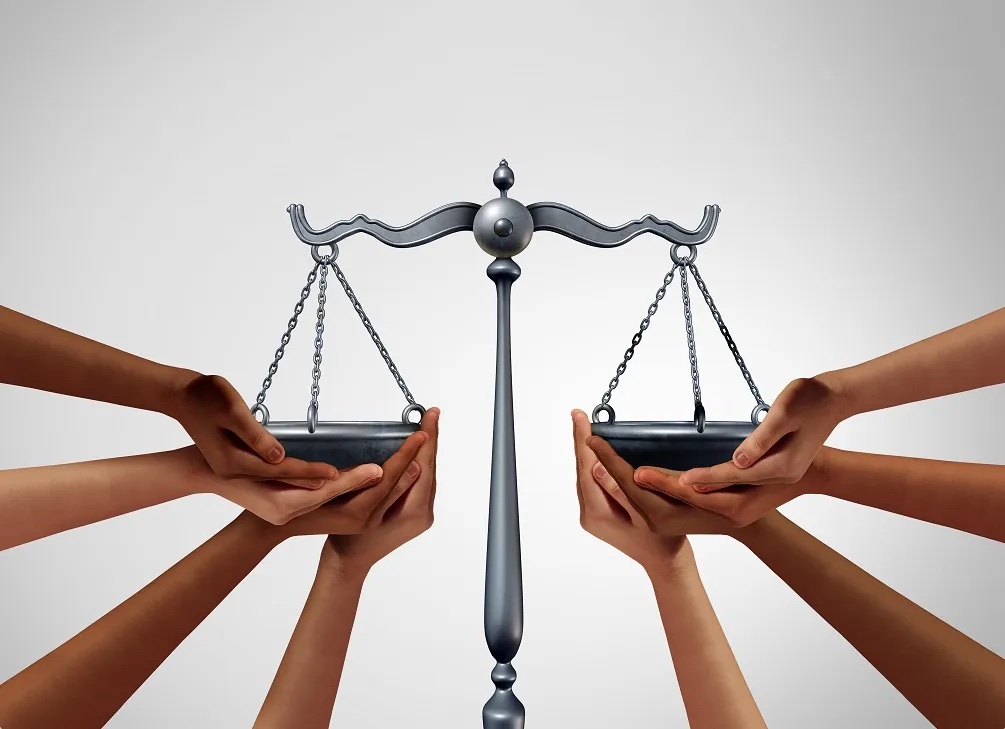When the news that a Dutch Court ordered the global energy company Royal Dutch Shell ( RDS ) to reduce its CO2 emissions I was intrigued, how did they lose this case and are there any consequences for other companies or even industries?
In May 2021, the Hague District Court in the Netherlands ordered RDS to reduce its group-wide CO2 emissions by 45% compared to 2019 levels, by the end of 2030. The class action was brought to court by a group of NGOs and it is the first case where the resulting win has forced a multinational to meet its obligations in managing the Climate Crisis. This is not the only one. An Australian Court ruled that the country’s environment minister has an obligation to children to consider the harm caused by climate change as part of their decision-making in approving the expansion of a new coal mine. In France a coalition of NGOs and local authorities took oil firm Total to court for alleged climate inaction. Pressure is building up. If the law is in place, then it is being applied to force companies to meet their obligations to significantly reduce their CO2 emissions.
Buried in the subtle arguments during the court case RDS’s emissions were broken down into two areas: the activities of RDS and those of its suppliers and end-users. In the case of RDS’s own activities the group was seen to have “an obligation of result” which was binding on the group to reduce its emissions by the specified time. RDS claimed that 85% of the CO2 emissions came from its suppliers and customers and therefore should be regulated by the legislator and politicians. But the court held that RDS was required “to take the necessary steps to remove or prevent the serious risk ensuing from the CO2 emissions generated by [such suppliers and end-users], and to use its influence to limit any lasting consequences as much as possible.” This was described by the court as “a significant best-efforts obligation”. The intention is clear that RDS must play a more important role in influencing its customer’s consumption of its products with respect to the environment. What is interesting in the decision is that RDS can’t sit back and just meet government targets, which are currently not enough to meet the Paris Agreement anyway, but they must be seen to be actively meeting and promoting a reduction in CO2 emissions to meet those targets.
There are some interesting consequences for other companies and industries from the RDS case. Now that a legal precedent has been set, other energy companies will come under close scrutiny about their role in the climate crisis. However, other industries could come under the spotlight for their role in addressing social and environmental problems. For example could manufactures such as Nestle’, whose recent analysis showed that over 60% of their products are unhealthy, be forced by law to produce health products and therefore reduce obesity? Or could supermarkets be forced by law to ensure that the plastic that they use in packaging doesn’t find its way into landfill or worse the rivers and oceans?
RDS is appealing the court’s decision which could take many years before a decision is reached. In the meantime, they must start to reduce their CO2 emisions to meet the target set by the court. This could be the beginning of producers having to take more responsibility for the impact of their products on the environment. The buck may stop with the companies producing goods and service rather than society struggling alone with the problems they create.
The details of the court case give a clear overview of the current situation with climate crisis as a well as some fascinating detail of the arguments put forward by both sides - it can be read here
